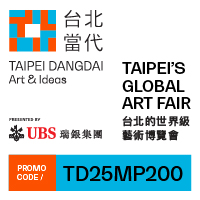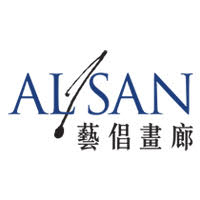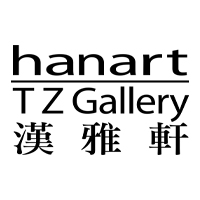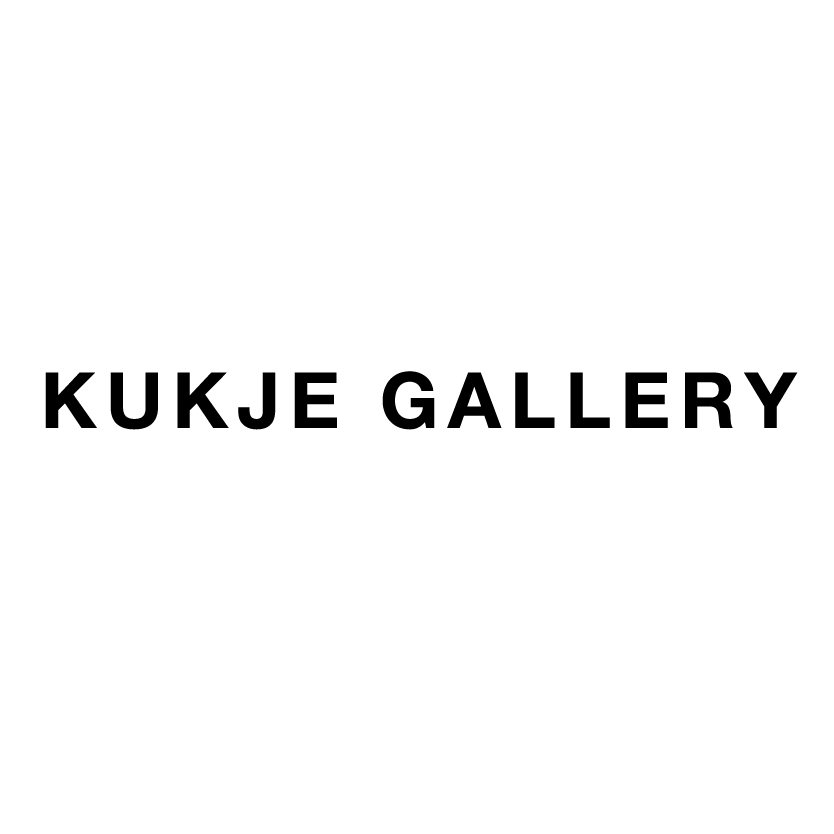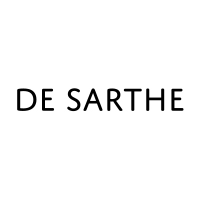Yu Peng (1955–2014)
By Lesley Ma

Taiwanese ink painter Yu Peng, who passed away in October.
On October 13, Taiwanese artist Yu Peng passed away from liver cancer in Taipei. He was 59 years old. One of the most important Taiwanese artists of his generation, he will be remembered as much for his audacity in radically challenging the classical order of ink paintings as for his way of living as a contemporary literati.
Yu Peng was born Wu Kunren to a Hakka family in Waishuangxi, a scenic area in northern Taipei City, in 1955. Never academically trained, Yu began his career as a street artist—an experience that rewarded him acute observations of all walks of life in the rapidly industrializing Taipei—during which he harnessed his live-sketching skills. This bold choice contributed to his outsider status in the rather conservative Taiwanese art world at the time, which consequently granted him freedom in his artistic explorations. In the 1980s, Yu Peng’s travels in Europe and in mainland China inspired him to reflect on his own cultural origins and to investigate the visual environment and spirit of traditional literati culture. Throughout his career Yu created works in watercolor, oil, ink, woodcut printing, ceramics, and shadow puppet theater, but it was his ink paintings that cemented his reputation. Highly self-aware of the possible routes for an untrained artist, and the danger of regurgitating traditional principles, he charted his own course by taking on traditional ink painting as a major source of inspiration and resistance.
The post-martial-law Taiwanese society accelerated the artist’s liberation from the restraint of classical brushwork and broadened the parameter of ink paintings to vernacular, private, quotidian and idiosyncratic realms. Yu garnered critical acclaim for his celebrated ink painting series “Landscape of Desire,” which began in the 1990s and visualizes the heightened, disorganized energy of urban life and human desire with piercing honesty and child-like naivety. The impressive visual power that his paintings command often results from two extremes: compositions that are either breathtakingly dense and rigid or relaxingly sparse and lighthearted. The pictorial logic that guides the observer’s eyes through his vertical compositions is rather formulaic; yet this apparent sense of order is utterly disturbed by overpopulated scenes of nature and figures both nude and clothed. Through his clumsy, twisted lines and liberal use of ink, Yu translated and transformed the contradictions between literati ideals and the realities of cosmopolitan life, giving his trees, mountains and figures a surreal, almost ethereal, jolie laide presence. His paintings in oil and pastel share the “dispirited literati” (tuifei wenren) aesthetic of his ink works, but with more dreamy tones of color and sensual human bodies.
Yu’s first major solo exhibition at Hanart Gallery Taipei and Hong Kong, in 1989, launched his career in the mainstream art world and resulted in the collection of his work by renowned museums; yet he remained nonchalant about the growing market attention and continued with his own pursuits. Known as a generous and tender soul, Yu was an embodiment of an urban hermit, the “eighth Sage of the Bamboo Grove,” as a friend once said. His chaotic garden, seemingly in disrepair, is a near replica of his painted ones, hiding in plain sight on a major road connecting downtown Taipei to the National Palace Museum. Yu’s oeuvre and total immersion in literati art and culture proved to be a feasible proposal for the reinterpretation of tradition, and his untimely death marks a great loss for Chinese art.
Lesley Ma is the ink art curator at M+ Museum for Visual Culture in Hong Kong.
